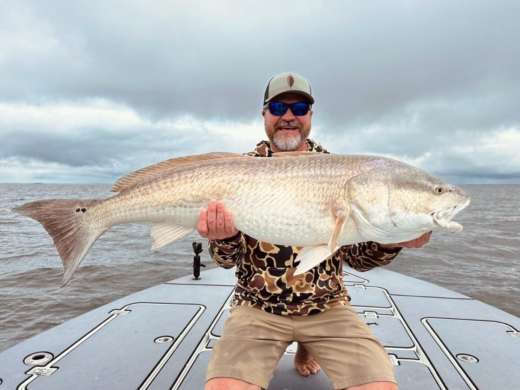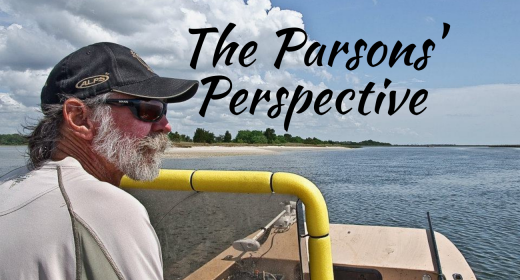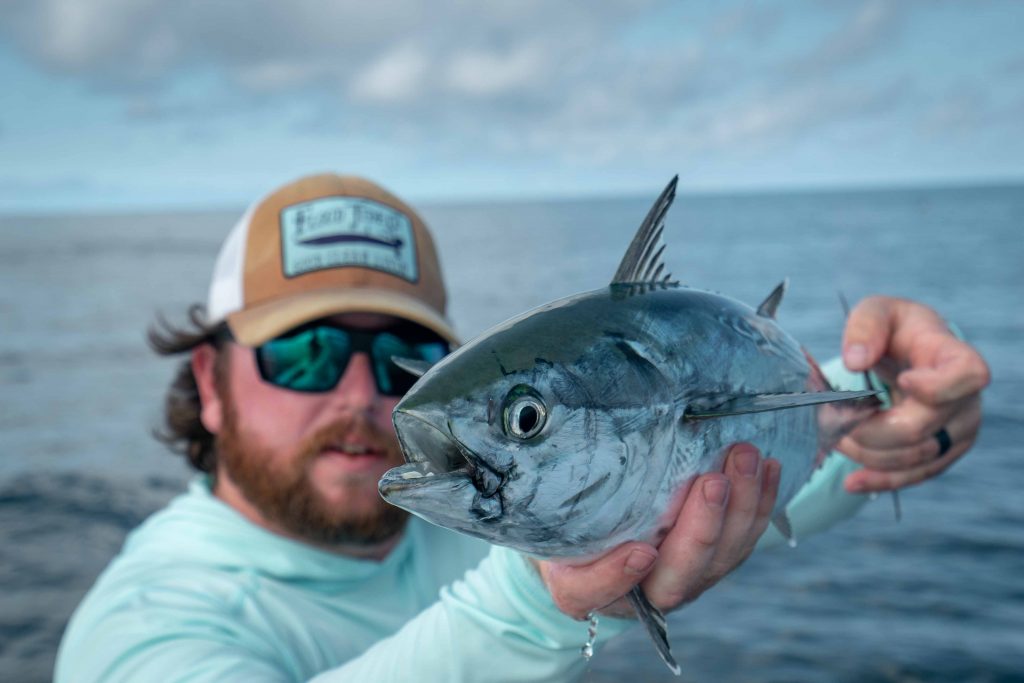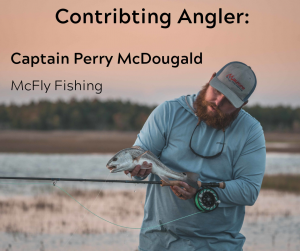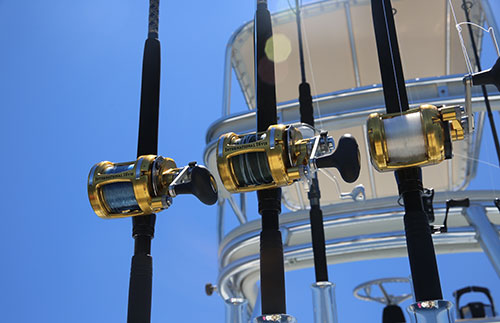False Albacore On the Fly……A Fishing Rush
You can always tell when fly anglers along the Crystal Coast are getting excited. You can see it when they’re walking around town or driving down the road, they’re just counting all the yellow butterflies. A little bit of north wind, slightly cooler temperatures, and yellow butterflies mean one thing… it’s albie time.
If you’re a fly angler along the eastern shore, you know there’s nothing like the pull of a false albacore. Crushing bait balls, aired-out fish, and screaming drags, it’s like the circus but for fisherman. It’s just one hundred percent pure chaos and all we try to do is manage it in small increments to get tight on one of those little tunny’s.
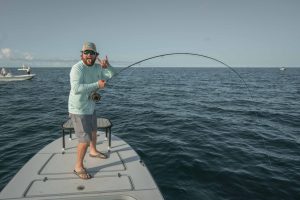 False albacore season can start at any moment towards the end of summer. All it takes is a bit of north wind to push some bait around and then it’s game time. Early-season fish are normally on the smaller side, though you wouldn’t know it from bent rods and screaming drags. We start with the 5-10 pound range, then the 10-15 pounders show up and towards the latter part of the season.. the buffaloes come to town. I’m talking world-record fish, cast after cast after cast. It’s the place where 10 weights go to die. In fact, I think I still have a broken 8-weight from last season in need of repair.
False albacore season can start at any moment towards the end of summer. All it takes is a bit of north wind to push some bait around and then it’s game time. Early-season fish are normally on the smaller side, though you wouldn’t know it from bent rods and screaming drags. We start with the 5-10 pound range, then the 10-15 pounders show up and towards the latter part of the season.. the buffaloes come to town. I’m talking world-record fish, cast after cast after cast. It’s the place where 10 weights go to die. In fact, I think I still have a broken 8-weight from last season in need of repair.
There are several ways to target these fish, two of the most common ways are trawlers and birds. When fishing trawlers, there’s a few things to keep in mind. First and foremost, NEVER go straight up the gut behind a trawler. You’ll notice boats on either side, get in line, and wait your turn like you’re playing leapfrog. But, beware of sharks when trawler fishing. It’s not uncommon to lose a fly line or two or flies or any tackle really when fishing behind the nets, stuff happens and you just roll with it. The other method is watching the birds. When these fish push bait to the surface, the birds go bonkers. If you can watch the birds work, more than likely you’ll see a bait ball being demolished by a school of albies.
A pretty cast at 100 feet is not needed in this game. The key is to get the fly in the water and strip. FAST. The fish will hit and ultimately hang themselves when they shoot straight down at 40 mph. Never lift the rod tip above waist level, keep the tip in the water if you have to. Fight the fish with the butt section of the rod and keep your hands clear of the reel when they take off. I’ve seen busted knuckles, bent reel frames, and line wrapped around hands, feet, and heads; keep your eyes open and hold on for the ride!
Rods range from 6-10 weight rods depending on the size of the fish. Either an intermediate line or a weight-forward floating line will work. A baitfish style fly is mainly what’s used and the size can range from #2/0-6 depending on the size of the bait. Come prepared with a 20# fluorocarbon leader and plenty of flies!
When you get the fish to the boat, grab them hard by the tail and wait for them to start shaking, it’s pretty comical actually. Snap a photo if you’d like then throw them headfirst into the water. They need water pushed through their gills to keep going so don’t be too gentle about it, they’re tough boogers I promise.
So keep an eye out for the butterflies, it’s a tell-tale sign that the albies are about to go off!
You may be interested
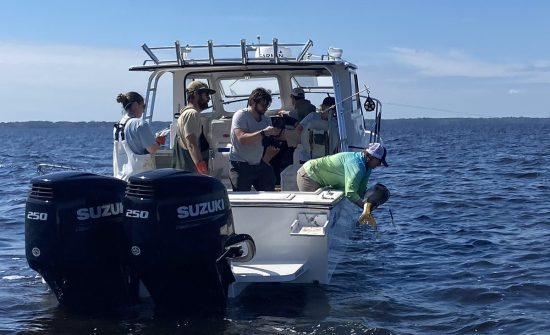
Satellite Tracking Study Aims To Unlock More Red Drum Secrets
Tim Wilson - April 8, 2025A pilot study tracking a popular saltwater fish was not expected to yield as much information as it did in its first year. When the North Carolina…
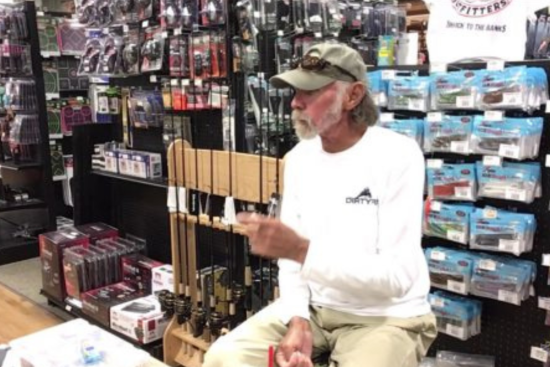
9 Things Fishing Guides Won’t Tell You
Tim Wilson - April 8, 2025We’re all amazed at how fishing guides nearly always know what to do and where to go to put fish in the boat. Most guides are fishing…
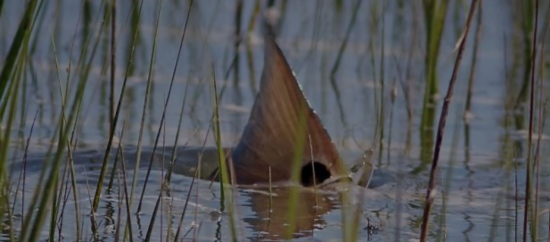
How the Moon Phase Impacts Inshore Fishing
Tim Wilson - April 3, 2025The late spring and early summer months are a time of the year when the inshore goes thru a transition period. It's when the fish come out…
Most from this category
